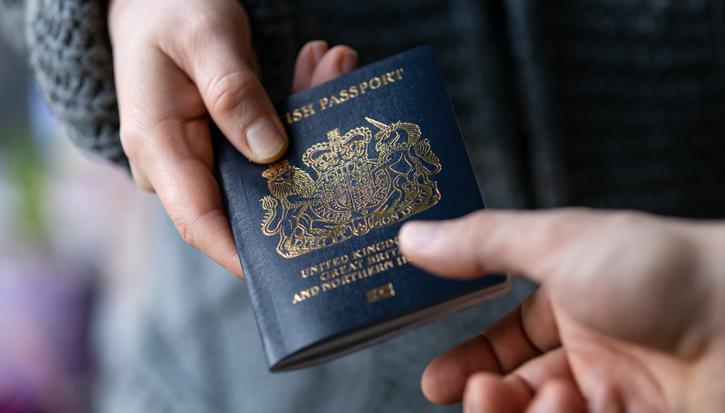Mind the gap: The case for more funding for health and care
Article
Since the creation of the NHS in 1948, spending on health in the UK has grown, on average, by 3.7 per cent per annum, with similar pressures on social care spend, as a result of demographics, rising expectations, and new treatments and technologies coming on stream.
In the wake of the financial crisis in 2010/11 however, while pressures on the system remained, the funding settlement for health and care changed. The NHS is now well into its most austere decade ever and, with the exception of 2015/16, social care funding has declined year on year since 2010.
This paper argues that without further investment in health and care there the health and care service will continue to lag behind the curve. Better quality care will be technically and scientifically possible but will not be delivered without an increase in funding. The evidence suggests that the combined funding gap in health and care will increase to £8.4 billion in 2020/2021 and £28.6 billion in 2030/31.
Related items

Women in Scotland: the gendered impact of care on financial stability and well-being
Women in Scotland are far likelier than men to take on childcare and other caring responsibilities, which puts them at an economic disadvantage.
Citizenship: A race to the bottom?
The ability to move from temporary immigration status to settlement, and ultimately to citizenship, is the cornerstone of a fair and functional immigration system.
Reflections on International Women's Day 2025
In a world that currently seems increasingly dominated by ‘strong man’ politics and macho posturing, this International Women’s Day it seems more important than ever to take stock of where we are on the representation of women in politics.